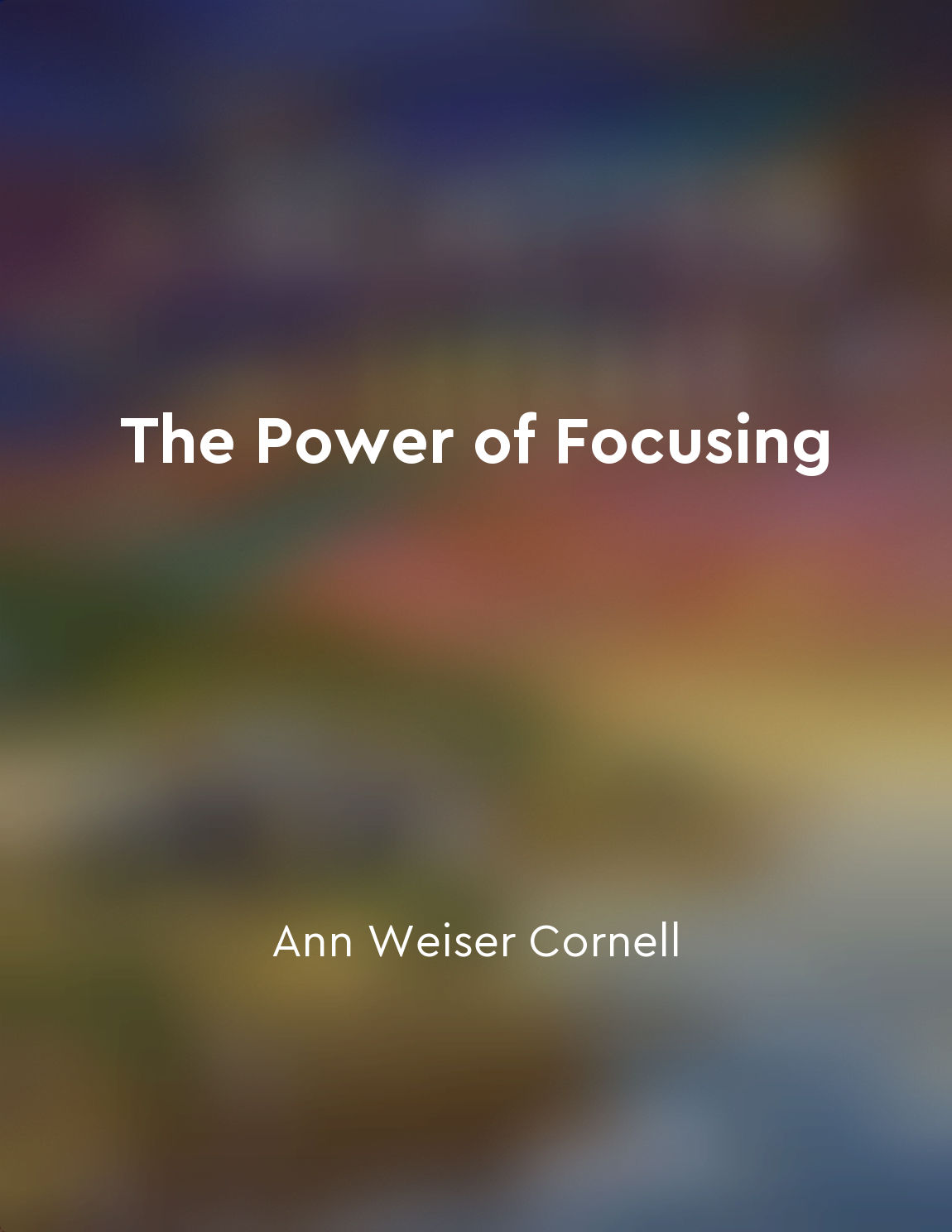Sensory mismatch can lead to phantom sensations from "summary" of Phantoms in the Brain by V. S. Ramachandran
In the brain, there is a complex network of neurons that are constantly processing sensory information from the environment. These neurons are responsible for creating our perception of the world around us, allowing us to interact with our surroundings in a meaningful way. However, when there is a sensory mismatch - when the information from different sensory modalities does not align - the brain can become confused. This confusion can manifest as phantom sensations, where the brain creates a perception of something that is not actually there. For example, when a person loses a limb, the brain may still receive signals from the nerves that used to be connected to that limb. Without the expected sensory input, the brain may attempt to fill in the missing information, leading to the sensation of a "phant...Similar Posts
Blind people rely on other senses for navigation
Blind people, unable to rely on vision for navigation, often develop an enhanced awareness of their surroundings by utilizing t...
Attention is not a mental spotlight
Attention is not a mental spotlight. This metaphor of a spotlight suggests that attention is like a beam of light that can be d...

Patients with neurological disorders deserve empathy and respect
In the world of neurology, patients with neurological disorders often face unique challenges that can be difficult for others t...

Embracing vulnerability can lead to strength and resilience in focusing
When we allow ourselves to embrace vulnerability, we open ourselves up to a deeper sense of inner strength and resilience. This...

Emotions can override rational thinking
When it comes to decision-making, our emotions can sometimes get the best of us. Even when we believe we are being rational, ou...
Empathy is the key to understanding others
Empathy is crucial in our interactions with others. It allows us to truly understand their perspective, feelings, and experienc...
Embracing silence allows for inner reflection
When we allow ourselves the opportunity to embrace silence, we create a space for inner reflection. In the absence of external ...

We don't easily pay attention to boring things
Our brains have a tendency to quickly lose interest in mundane or uninteresting information. This is not a sign of laziness or ...
Our minds can deceive us, leading to errors in judgment
Our minds often trick us into believing that we are perceiving the world accurately, but in reality, we are prone to errors in ...
Understanding physical sensations can enhance emotional resilience
To truly thrive and flourish in life, it is essential to develop emotional resilience. This ability allows individuals to bounc...

